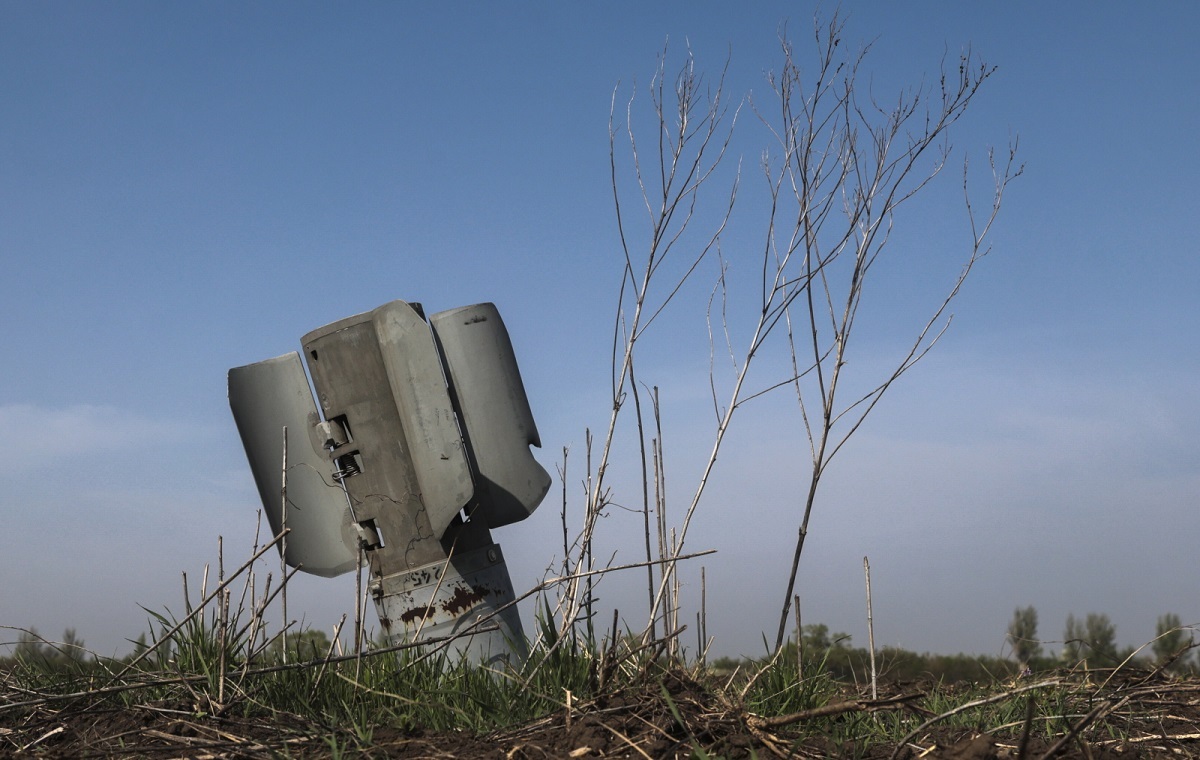The rest of the article is under the video
See also: Atoms are a way to get cheaper energy. “We have to get out of the carbon trap”
The new government had to tighten fiscal policy in the country
According to the largest Polish bank, this year the fiscal deficit will reach 5.4 percent of GDP. GDP, maybe more. “The year 2023 will be marked by an indexation of spending (e.g. pensions) and a slowdown in incomes (slowing nominal GDP growth, reduced PIT, zero VAT on staple food products). It should be noted that reducing inflation will not increase budget revenues– PKO BP experts predict in their latest report.
They also point out that a prolonged fiscal expansion (increased government spending) in 2023 pales in comparison to the rest of the EU. Poland’s debt service capacity has deteriorated“.
In short, the increase in interest rates that investors are charging for Polish debt, together with rising fees, means for PKO BP that the new government in 2024 will have to adjust the exchange rate.
“We think fiscal policy will ‘calm down’ after the election season (parliamentary elections and local government will take place in fall 2023 and spring 2024 respectively). In the face of a revenue shortfall in 2023, as well as many new challenges (including defense spending), in our view, fiscal expansion will not continue beyond the election season” – they estimated.
Will politicians have to raise taxes?
Interestingly, according to PKO BP, “pacification” of our state’s finances will be carried out in three ways. First, thank you an increase in revenue to the budget, which, according to the bank, also involves an increase in taxes. Second, reducing public investment spending in the transition period between the old and new EU budgets.
Finally, third no new “discretionary consumption spending”.. What does it mean? Discretionary spending is one that the government can flexibly shape. However, these expenses in Poland are a definite minority, when most of the so-called fixed costs of the budget, determined by the statutes, are commitments made in advance to various groups of people. However, according to the PKO, the new government will be forced to look after the state treasury and not distribute money to broad groups of people, as is currently the case.
Dr. Sławomir Dudek, president of the Public Finance Institute, is also concerned about the fiscal difficulties.
“Public finance, however, is not in the ‘green’. The warning lights have been turned on! I said so? We are the only country, apart from Hungary, that has been downgraded by the European Commission. We belong to the moderate risk group. Are we following Hungary’s path?” one economist asked on Twitter a few days ago.
Rate the quality of our articles:
Your feedback helps us create better content.

“Reader. Future teen idol. Falls down a lot. Amateur communicator. Incurable student.”





